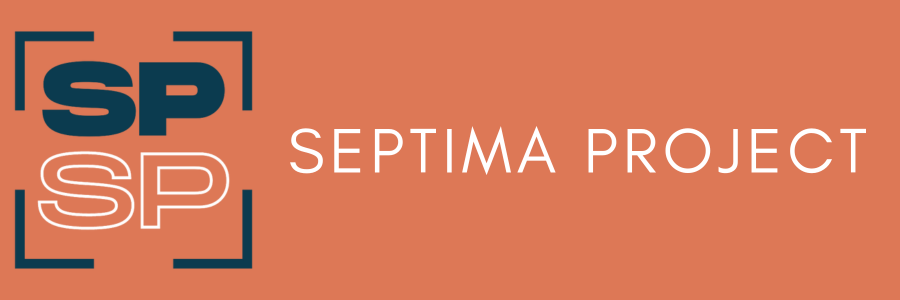Let’s Get Free Together
Aug 2024
Photo: Arrested Mississippi Freedom Riders, 1961
This past spring we held the workshop Building a Better White Ally: Cultivating Relationships and Racial Solidarity. We had no idea that not too long after our workshop, the summer would explode with political unrest, racial violence, and equity backlash. It’s made us reflect more on the insights that came out of our workshop discussion and look deeply at what we’ve learned about building multiracial solidarity.
More than ever, we are reminded that fighting racism will take all of us working together to challenge, uproot, and resist deeply-entrenched inequities. We know this work is not easy and right now it feels nearly impossible. But our work has shown us that we move closer to racial equity and justice with community.
Outrage might get us started—and right now there is SO much to be outraged about—but it won’t sustain us. Relationships are at the core of antiracism. Building trust and fostering multiracial partnerships are what allow us to shift power and seed change. Solidarity is how we get free together.
Here are some lessons learned and takeaways from our recent workshop.
DEI is not enough. Much of what passes for DEI is watered down and doesn’t go far enough. And yet, there are people in power who think DEI goes too far and now equity initiatives are getting cut left and right. Educating people about race, privilege, and identity will always be important. But it can’t stop there. We need equity efforts that center antiracism and solidarity. And equity efforts can’t only be tied to people’s jobs. We need equity in communities, not just corporate boardrooms.
Solidarity is rooted in mutuality. Solidarity is more than calling yourself an ally or working together across racial lines. Solidarity is interconnectedness. It is mutuality and care. It’s seeing how our struggles are linked, even if they are different. As Audre Lorde said, “You do not have to be me in order for us to fight alongside each other. I do not have to be you to recognize that our wars are the same.”
We all have a role to play. Getting to equity requires the combined efforts of all of us. Grasstops, grassroots, everything in between. We need the agitators, the advocates, the movement-builders. We need caregivers, we need storytellers, we need artists, we need healers, we need an ecosystem of people committed to change. This work is intersectional and intergenerational. It does not only belong to people of color or younger generations. We all have a stake in this.
Culture connects us. The stories we tell and media we consume have the power to shift narratives about race. Culture can reflect and affirm our identities, and for many of us it’s the first time we’re exposed to ideas about race. Culture can also show us a vision of multiracial relationships. From faves like the movie Matewan (no really, please watch!) to musical collabs like Beyonce and The Chicks (listen to our latest playlist), culture can help us reimagine what solidarity looks and sounds like.

